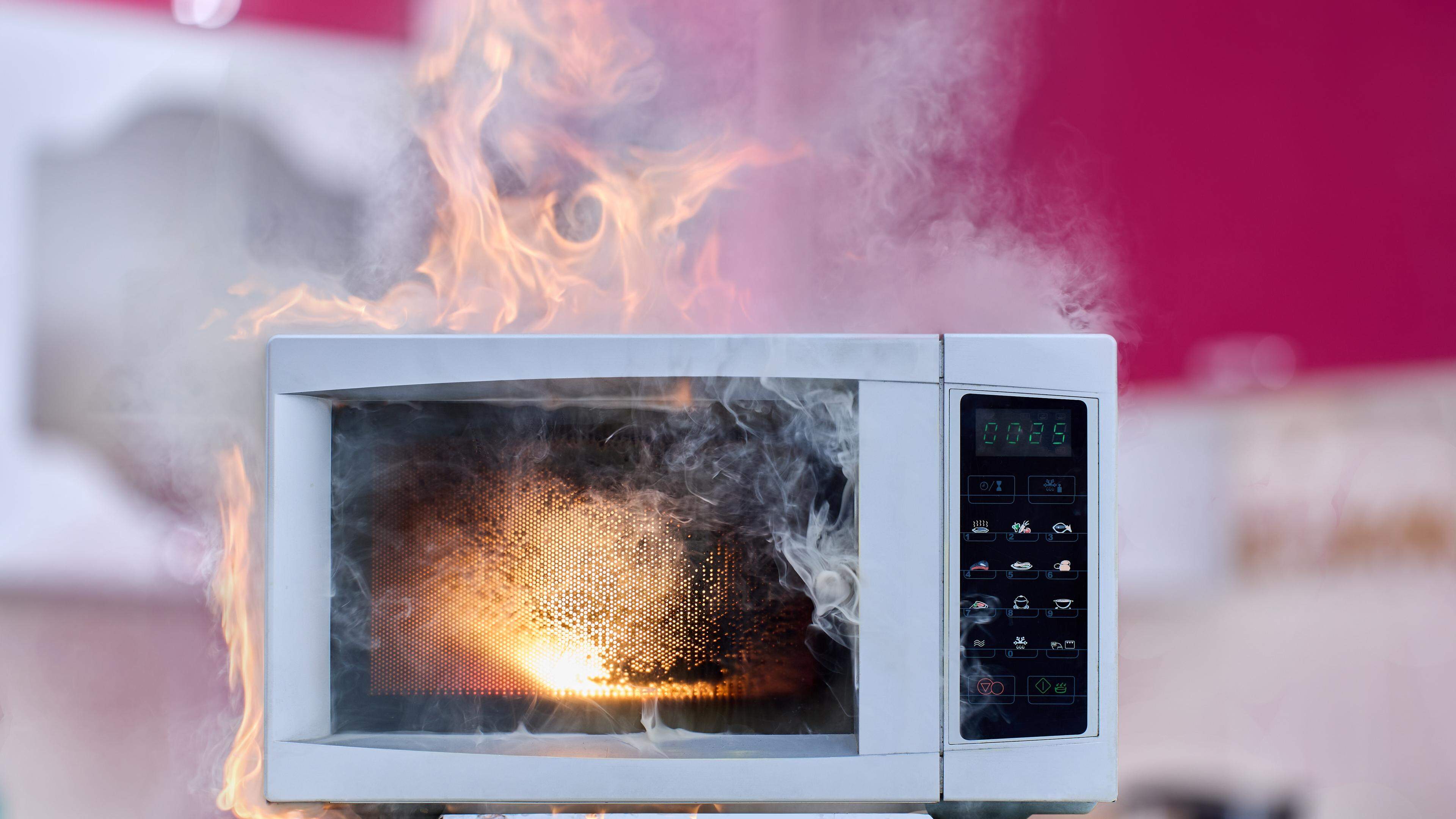Nocturnal teeth grinding – when the jaw is processed stress

If the partner complains about disturbing noises that stop him from sleeping at night, it doesn’t always have to be due to the snoring of the bed neighbor – it can also be teeth. It is estimated that around a third of the population is affected. Many do not even notice it until the partner becomes aware of or the dentist discovered dumping areas sanded up during a routine examination.
If affected upper and lower jaws press unconsciously and with enormous strength, one also speaks of bruxism. Usually pressing and crunching the teeth occurs at night, but it also happens during the day. Experts assume that with strong bruxism, eight to ten times the strength is exerted, as is usually necessary to shred food.
It becomes problematic if the crunch continues longer, since the enamel is rubbed over time. Then there is a risk of permanent damage to the teeth – from loss of tooth enamel to tooth misalignment to complete tooth loss.
Filling, crowns or implants can also be affected. At the same time, the chewing muscles often suffer, there may be pain in the jaw, in the head and in the neck area. In some cases, tinnitus or dizziness also occur.
It starts with a reddened gums: common disease periodontitis
Typical signs
The causes of teeth grinding are diverse. The psyche often plays a central role: stress at work, emotional stress or unresolved conflicts cause people to reduce pressure while sleeping and carry problems on their teeth. Medications such as antidepressants or sleeping pills as well as sleep disorders or breathing problems can also favor grind.
The first step towards relief: Recognize that you crunch. If you wake up with painful, tense jaw muscles or sensitive teeth in the morning, the earlier, the earlier, the better.
In morning tension headache can also be a hint. Dentists and dentists use typical signs of wear and tear whether there is bruxism – for example, small flaking on the front teeth or crunched corner teeth.
In many cases, they then prescribe a bite rail. This plastic splint is adapted individually and worn at night, with very strong crunches, even during the day when driving or in the office. It protects the teeth from further damage and relieves the temporomandibular joint. As a rule, the statutory health insurance company pays the costs once a year.
Almost like real: This is how modern dental implants work
Take pressure out of the jaw
But it is usually not enough with a rail alone. It is important to identify the cause of the crunch and to remedy if possible. Anyone who is under strong pressure during the day and unconsciously « bites their teeth » can stick a colored point on the screen – as an optical memory aid, to consciously pay attention to teeth and jaws from time to time.
It then helps to open your mouth easily, deliberately relaxed the lower jaw and move relaxed from left to right. This restores the suspension keeping in which the jaw is normally located.
A massage of the area, which meets the upper and lower jaw, can also alleviate tension. In order to loosen the muscles, physiotherapeutic exercises or relaxation techniques such as autogenic training or yoga can help. The aim is for those affected to learn to do stress better and to switch off.
In particularly severe cases, in which tooth substance has already been lost, the tooth relief, for example, is completely plan, and dentists are available to modern restorative measures. In this way, ceramic shops can be sticked on the damaged tooth without having to grind it.
The so -called corner tooth management, which is particularly stressed when crunching, can also be reconstructed. After treatment, a rail is often used to protect against crunching again.
Teeth grinding in children
When small children grind their teeth, this is not automatically a reason to worry. Many children at the age of nine to ten months start squeezing their teeth together – for example during teeth. In doing so, they learn how the upper and lower jaw meet. The crunch is usually completely harmless in this phase and often stops at the latest in preschool.
About a third of the children grind beyond the age of three. In such cases, dentists speak of childish bruxism. Possible triggers can be stress or changes in the environment – like changing the crèche.
Often these are temporary phases. Nevertheless, parents should remain aware: If the crunch is very intense, the teeth look worn out or the child complains about pain, a dentist should be consulted. Basically, the following applies: to treat instead of treating them immediately – and gently draw the child’s attention to the behavior.







